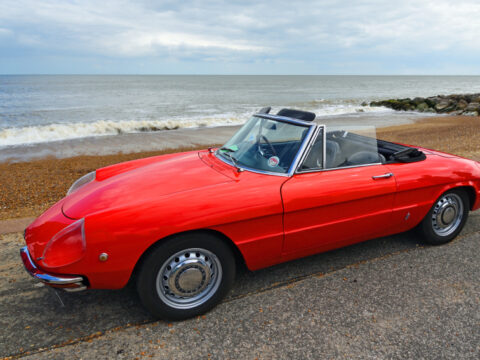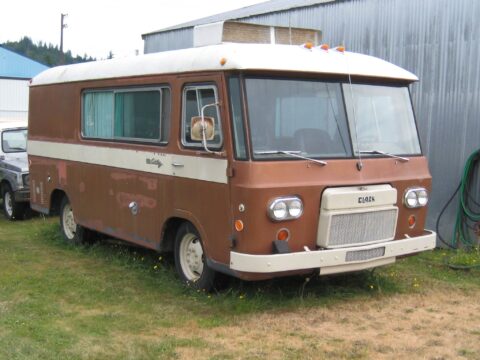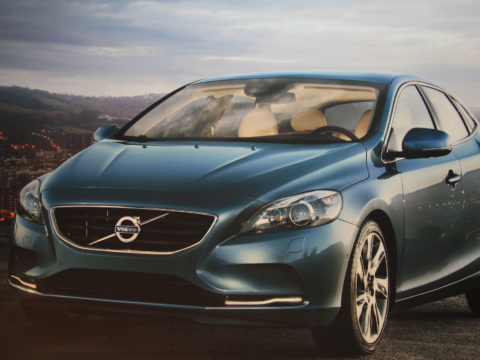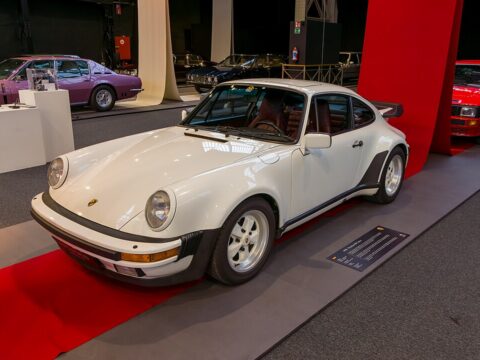Owning a classic truck can be a dream come true for many enthusiasts, but when it comes to practicality, these vintage vehicles might not always be the best choice. From outdated safety features to high maintenance costs, there are several reasons why classic trucks may fall short in meeting the demands of modern-day driving. Here are 16 key factors to consider before committing to one as your daily driver.
Contents
Outdated Safety Features

Manufactured before the advent of modern safety standards, classic trucks often lack critical safety features such as airbags, anti-lock brakes, and crumple zones. These omissions make them more hazardous in accidents. Additionally, the absence of features like modern seat belts and safety glass further elevates the risk of injury. Compared to contemporary vehicles, the safety of classic trucks falls significantly short, making them less ideal for daily driving.
Poor Fuel Efficiency
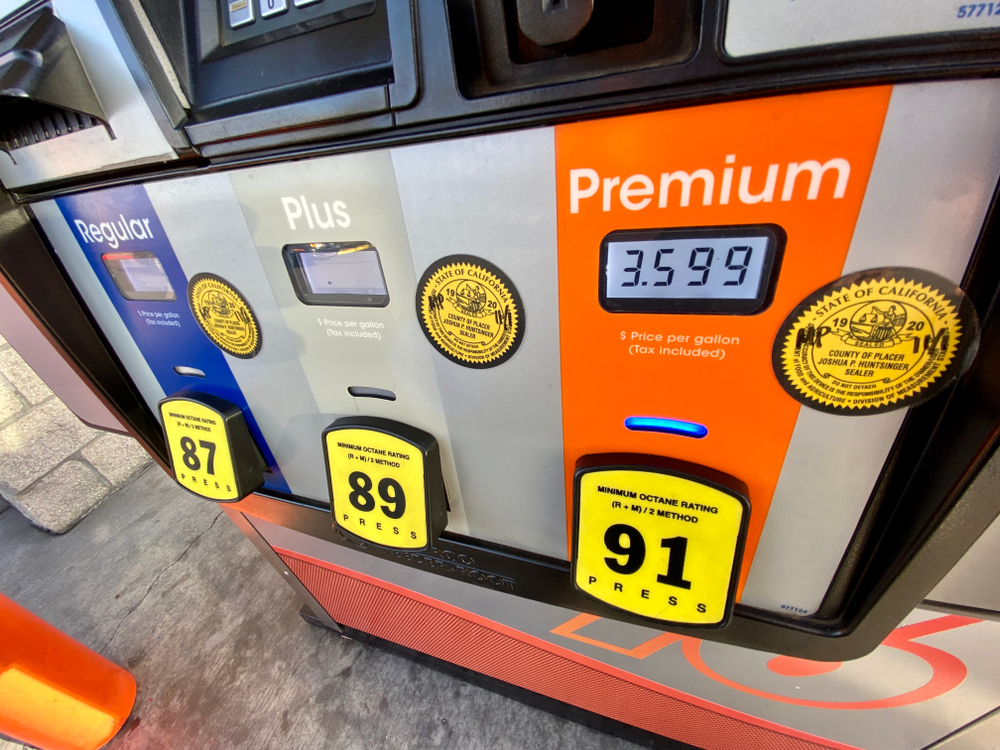
The heavy weight and older engine designs of classic trucks contribute to their notoriously poor fuel efficiency. These vehicles were built long before fuel economy became a priority, resulting in higher gasoline consumption. With fuel prices continually rising, owning a classic truck can quickly become a financial burden. For those relying on their vehicle for daily commutes, this inefficiency can prove to be a costly disadvantage.
Limited Parts Availability
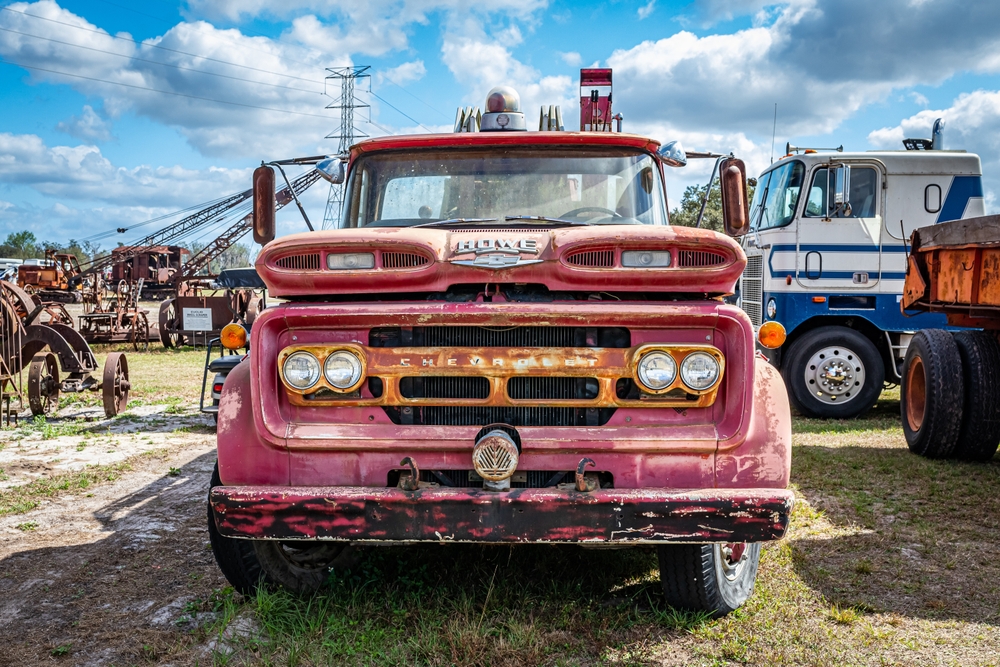
Sourcing replacement parts for classic trucks can be a real challenge, given that many of these vehicles have been out of production for decades. Original parts are often scarce and come with a hefty price tag. Although aftermarket parts exist, they may not always fit as well or meet the quality of the originals. This scarcity not only leads to higher maintenance costs but also prolongs repair times.
Higher Maintenance Requirements
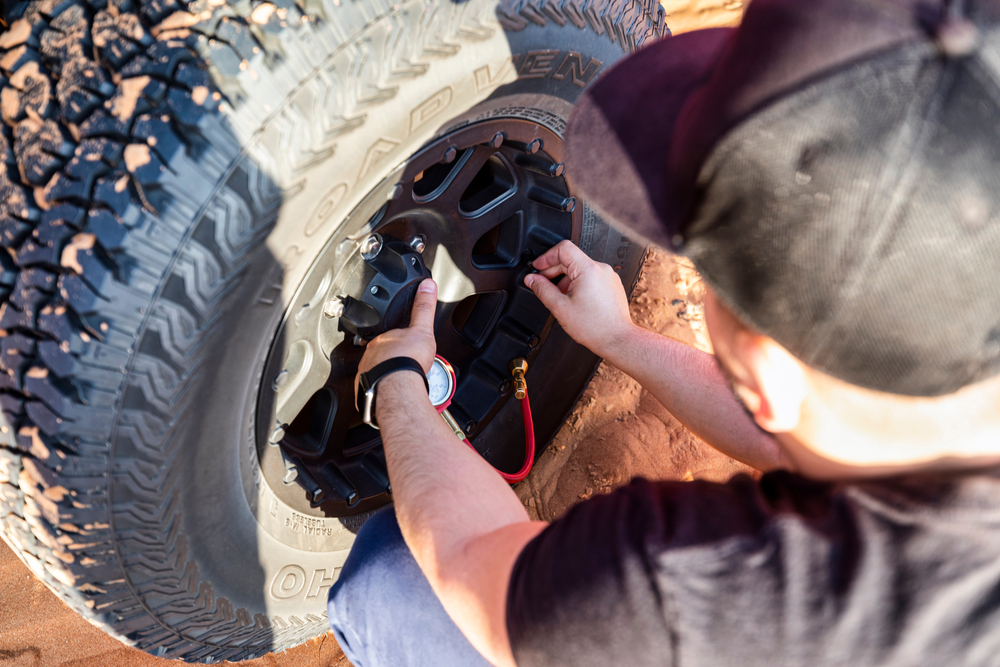
As vehicles age, they generally require more frequent maintenance, and classic trucks are no exception. These older models often demand regular tune-ups, oil changes, and other upkeep to stay in running condition. Unlike modern vehicles designed for minimal maintenance, classic trucks can become time-consuming and costly to maintain. For individuals who rely on their vehicle for daily use, this constant need for attention can be a major drawback.
Lack of Comfort and Convenience Features
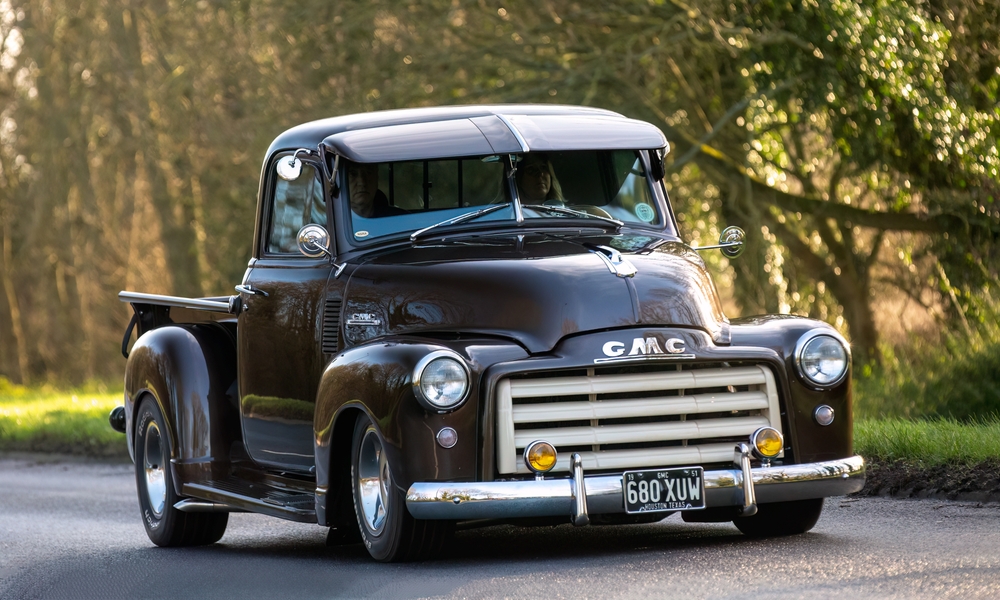
Modern trucks come equipped with an array of comfort and convenience features, many of which are absent in classic models. Items such as climate control, power steering, and advanced infotainment systems are often missing. The absence of these features can make long drives in a classic truck uncomfortable and monotonous.
Inefficient Handling and Steering
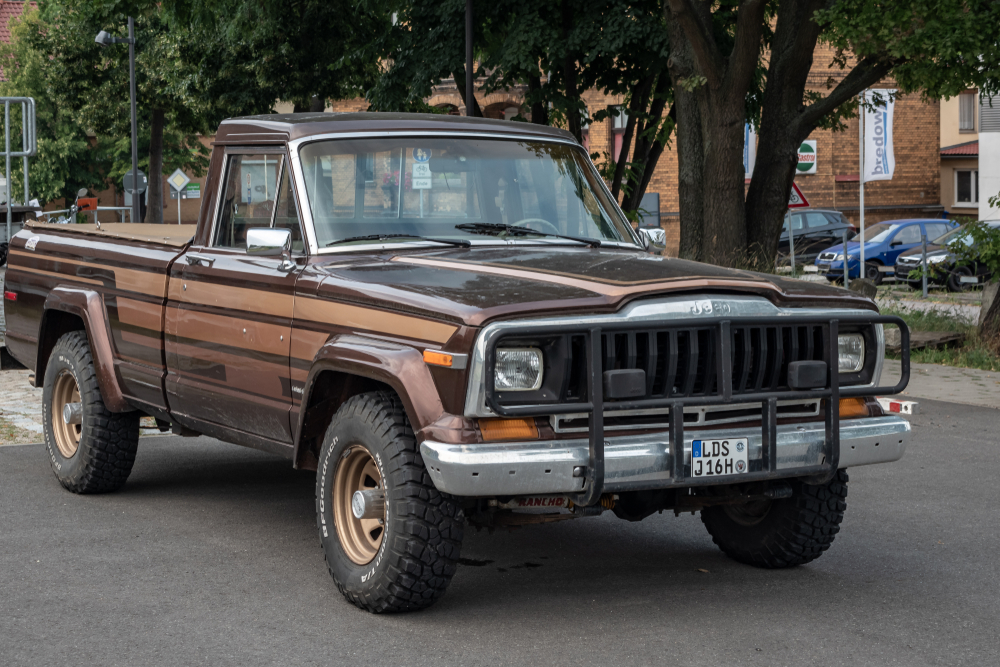
The design of classic trucks prioritizes utility over handling, resulting in less responsive steering and a rougher ride. With heavy, boxy frames and outdated suspension systems, these trucks can be difficult to maneuver, particularly at higher speeds or on curvy roads. This can make driving less enjoyable and more tiring over long distances.
Limited Cargo and Passenger Space
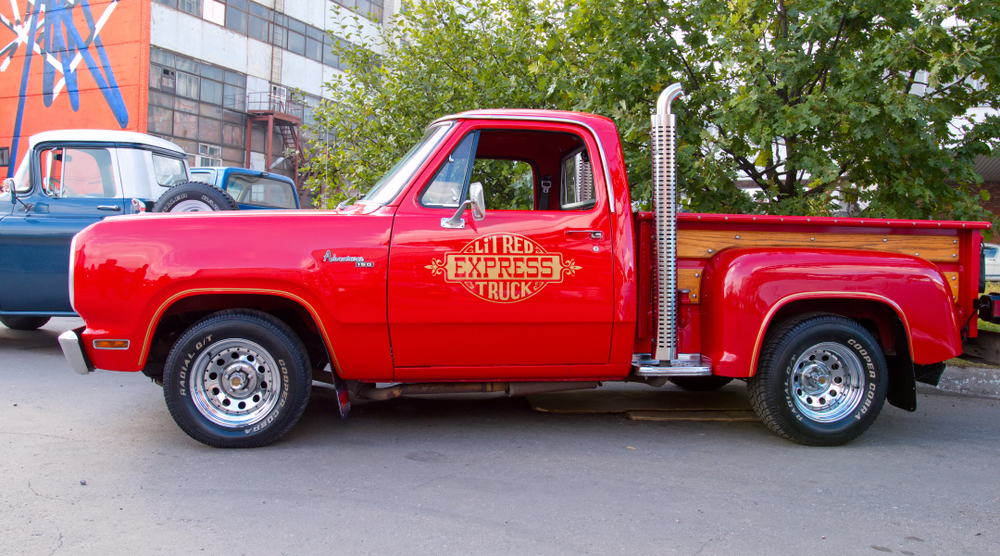
While classic trucks are known for their spacious beds, the cab area is often cramped. Many models only offer a single bench seat, with minimal legroom, making long trips uncomfortable for passengers. Additionally, the cargo space in these trucks may not be as versatile as that of modern vehicles, which often feature extended beds or crew cabs. For those needing to transport both cargo and passengers, a classic truck might not be the best option.
High Purchase Price
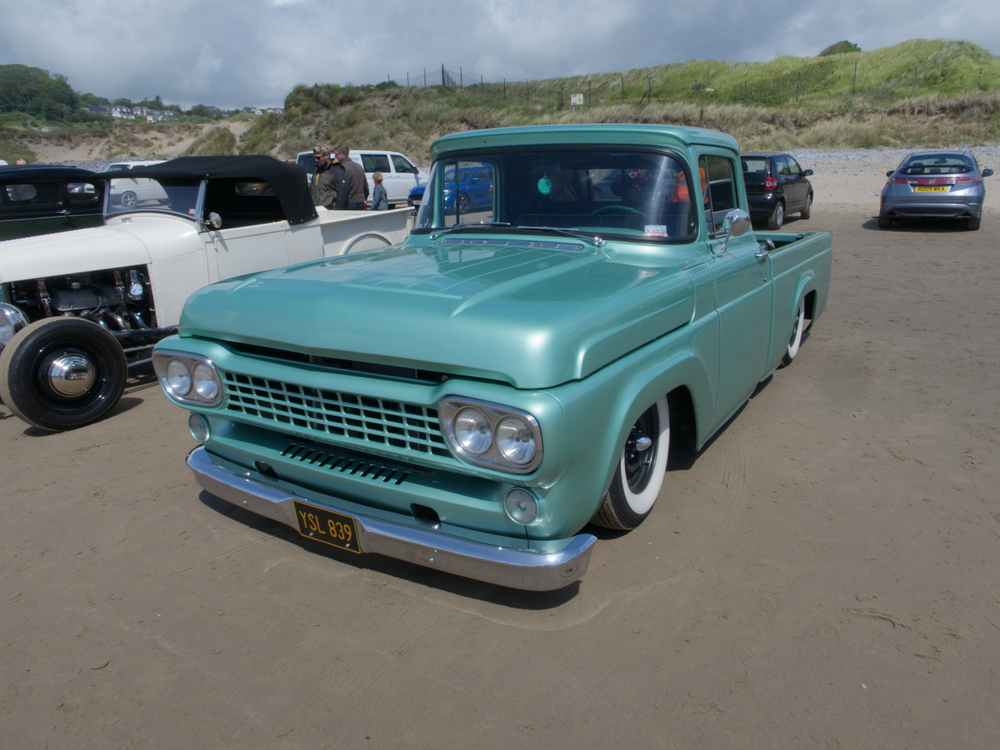
The growing demand for classic trucks has driven their prices to levels often higher than brand-new vehicles. Collectors and enthusiasts are willing to pay a premium for well-preserved models, further inflating prices. This high upfront cost can be a significant barrier, especially for those seeking a practical and economical vehicle. The investment required to acquire a classic truck may not be justifiable for those who prioritize practicality.
Susceptibility to Rust and Corrosion
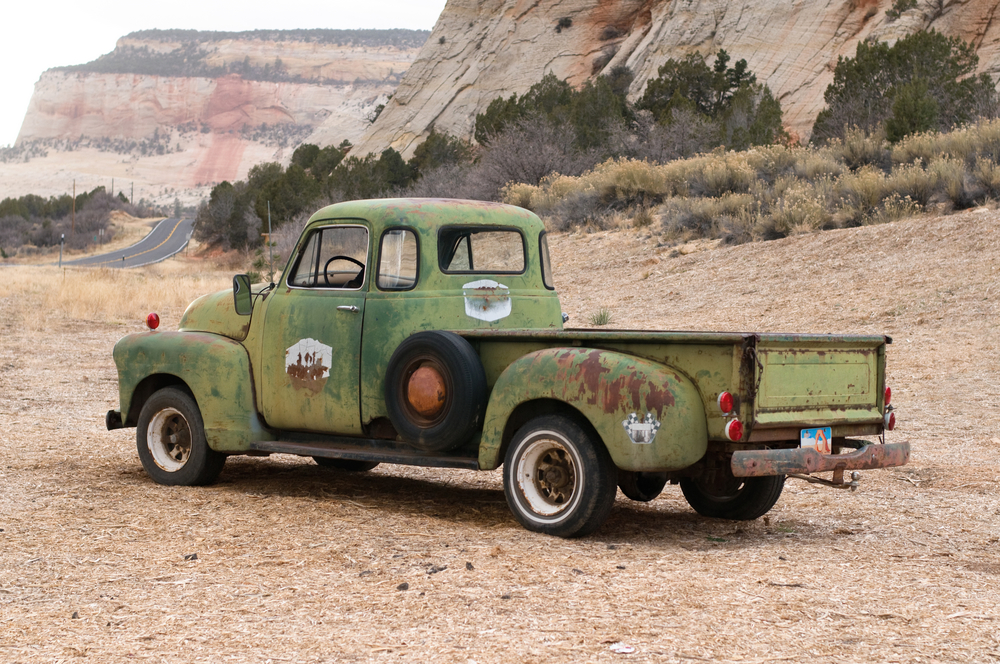
Classic trucks, manufactured before the development of advanced rust-proofing techniques, are more prone to rust and corrosion. Exposure to moisture and road salt over time can lead to severe damage, particularly in areas with harsh weather conditions. Repairing rust damage can be both costly and time-consuming, adding to the vehicle’s overall maintenance burden. For owners, the ongoing battle against rust can make a classic truck less appealing as a daily driver.
Inadequate Braking Systems
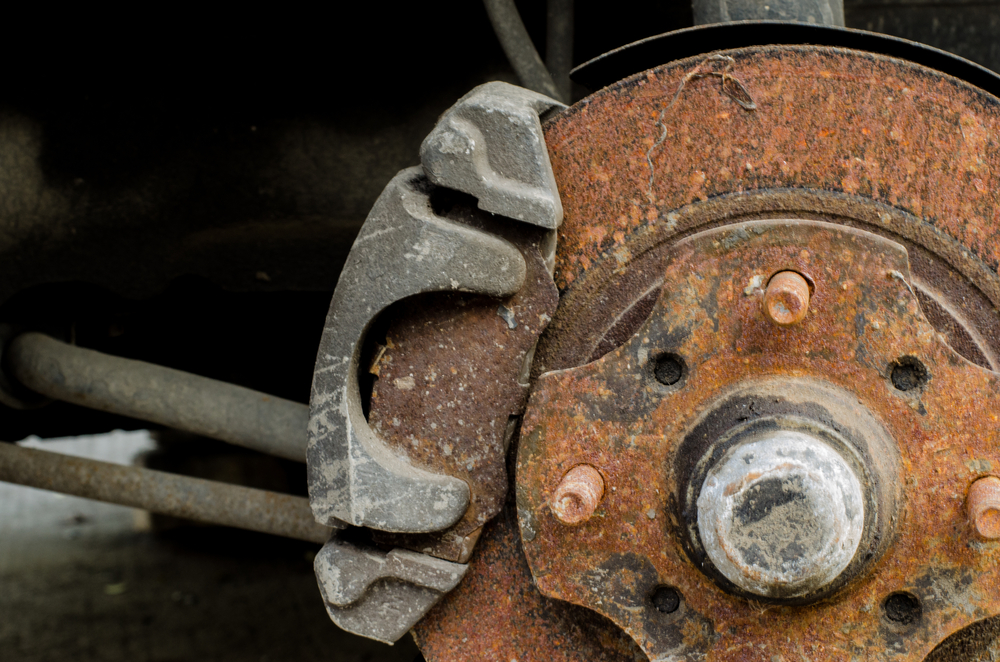
The braking systems in many classic trucks are less effective compared to modern standards. Older models often rely on drum brakes, which can overheat and fade under heavy use, resulting in longer stopping distances. In emergencies, this can pose a serious risk, potentially leading to accidents. Although upgrading to a modern braking system is possible, it can be expensive and may not entirely resolve the issue, making these vehicles less safe for everyday use.
Poor Aerodynamics
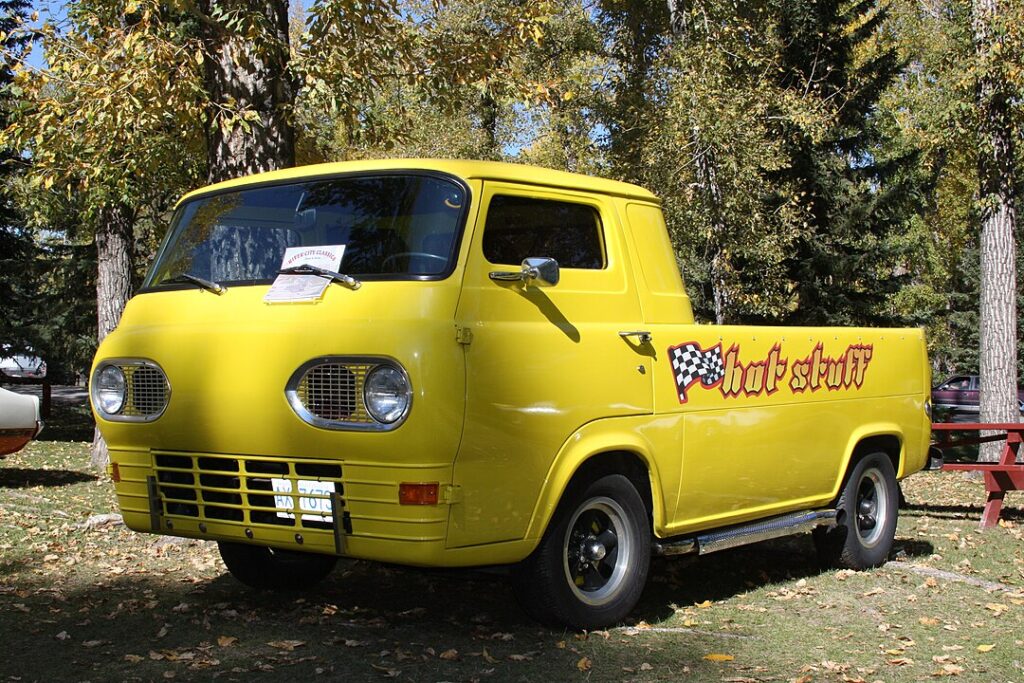
Classic trucks, with their boxy shapes and large frontal areas, were not designed with aerodynamics in mind. This results in significant drag, which decreases fuel efficiency and performance. The lack of aerodynamic design also contributes to increased wind noise and less stability at high speeds. For those who frequently drive on highways, these factors can make classic trucks less practical and enjoyable to drive.
Difficulty in Finding Skilled Mechanics
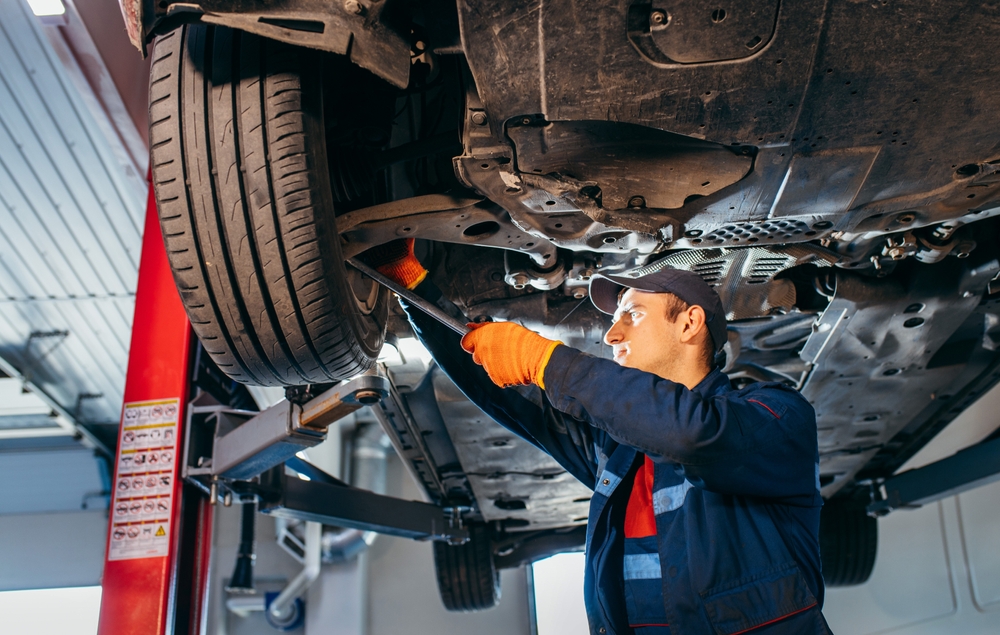
The intricacies of classic trucks require a certain level of expertise that not all mechanics possess. Many modern mechanics, trained primarily on newer vehicles, may lack the experience needed to work on these older models. This can result in longer repair times and higher labor costs. The challenge of finding a knowledgeable mechanic adds another layer of inconvenience to owning a classic truck.
Expensive Insurance

Insuring a classic truck can be more costly than insuring a modern vehicle, particularly if the truck is considered a collector’s item. Insurance companies may require specialized policies that take into account the truck’s age, rarity, and potential repair costs. These policies often come with higher premiums and may include restrictions on how and when the truck can be used. For those seeking a cost-effective vehicle, the high insurance costs of a classic truck may be prohibitive.
Inconsistent Reliability
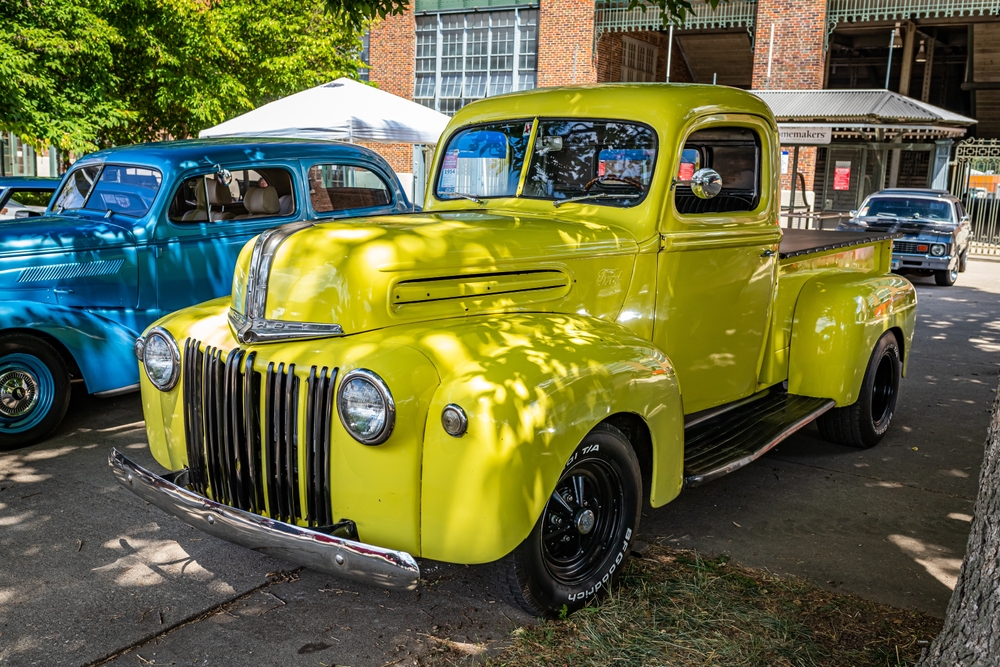
The reliability of classic trucks can be unpredictable, particularly if they haven’t been well-maintained over the years. Older components are more prone to failure, leading to unexpected breakdowns. Moreover, the lack of modern diagnostic tools makes it harder to identify and fix issues quickly. For drivers who need a dependable vehicle, the inconsistent reliability of a classic truck can be a significant concern.
Limited Resale Value
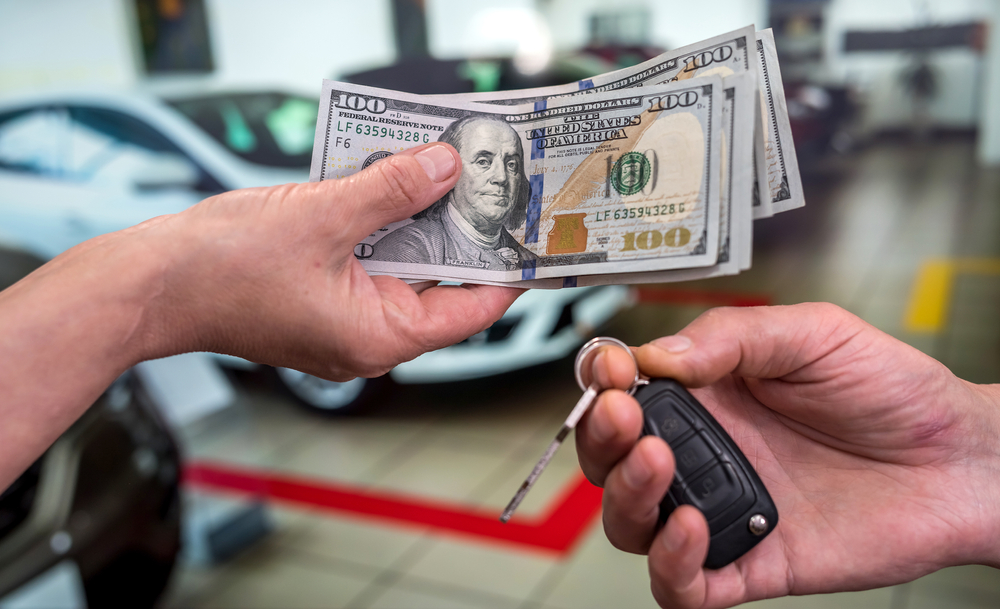
Although some classic trucks appreciate in value, many do not, especially if they are not in pristine condition. The market for classic trucks can be volatile, with prices fluctuating based on trends and the vehicle’s condition. For those looking to sell their truck in the future, the resale value may not justify the initial investment. This uncertainty in resale value can make classic trucks less practical as a long-term investment.
Difficulty in Finding Replacement Tires
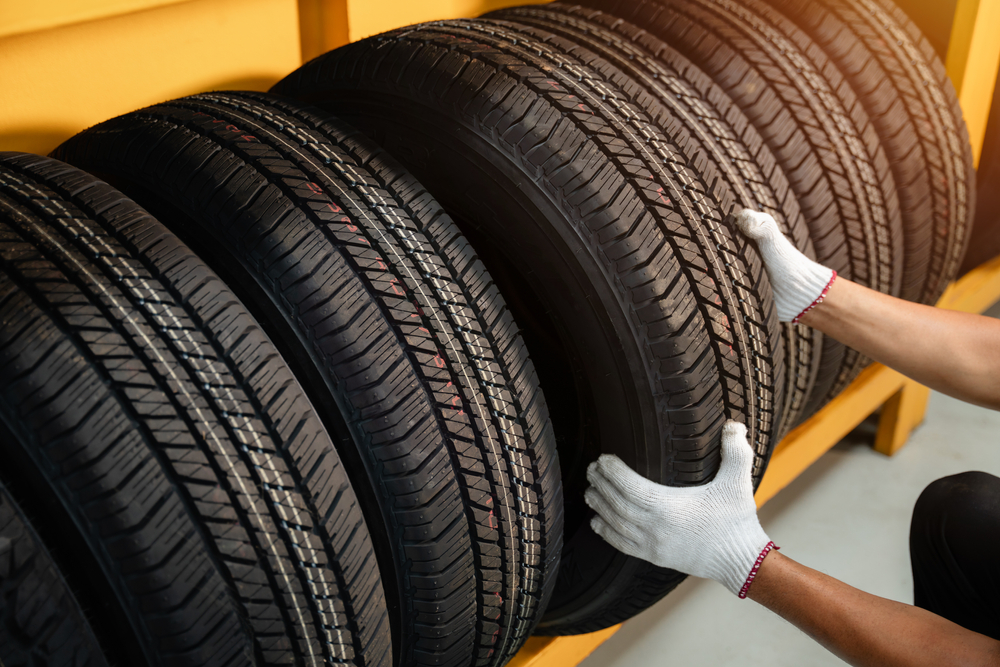
Classic trucks often require tire sizes that are no longer standard, making replacements harder to find. When available, these tires can be more expensive and difficult to source than those for modern vehicles. The limited availability of replacement tires can lead to increased maintenance costs and delays in getting the vehicle back on the road. For practical purposes, the inconvenience of finding the right tires can be a major drawback.
This article originally appeared on MyCarMakesNoise.
More from MyCarMakesNoise
Top 25 Electric SUVs Offering Luxury and Sustainability
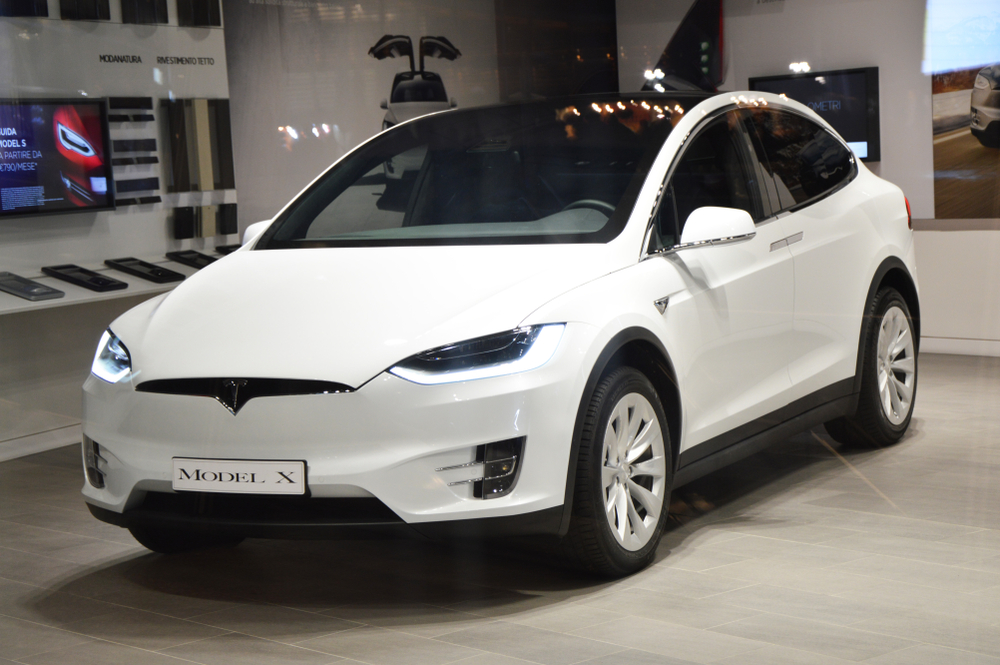
In today’s automotive landscape, the demand for vehicles that offer both luxury and sustainability is on the rise. Electric SUVs are leading the charge, providing eco-friendly alternatives without compromising on comfort or style. Read More.
The World’s 25 Most Bustling Airports and Their Unique Highlights
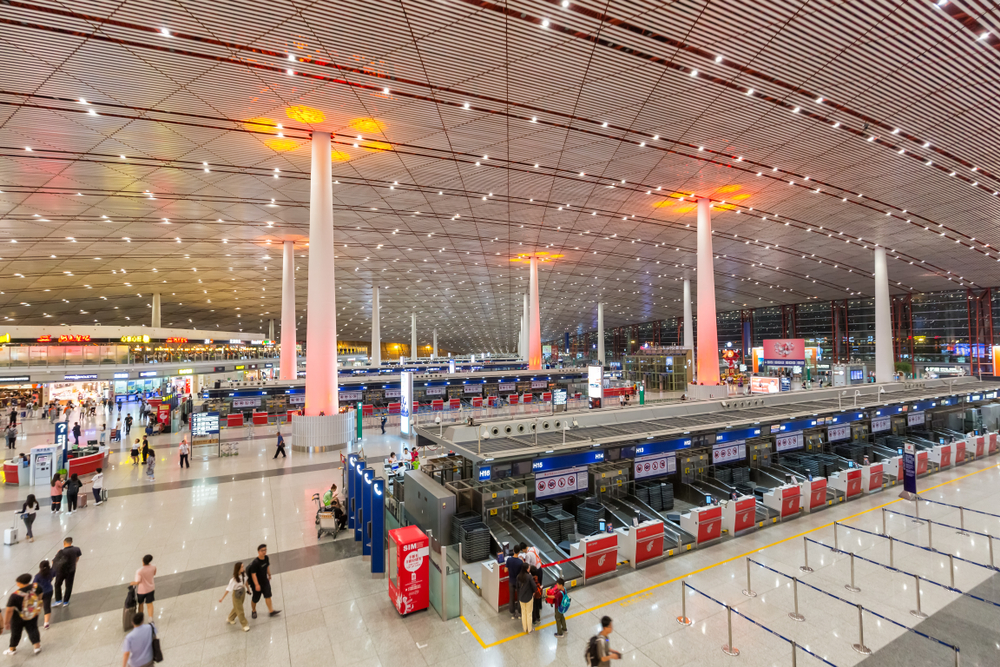
Air travel has become an integral part of our globalized world, connecting people and places like never before. Some airports stand out due to the sheer volume of passengers and flights they handle daily. Read More.
18 Obscure Concept Cars That Never Made It to Market
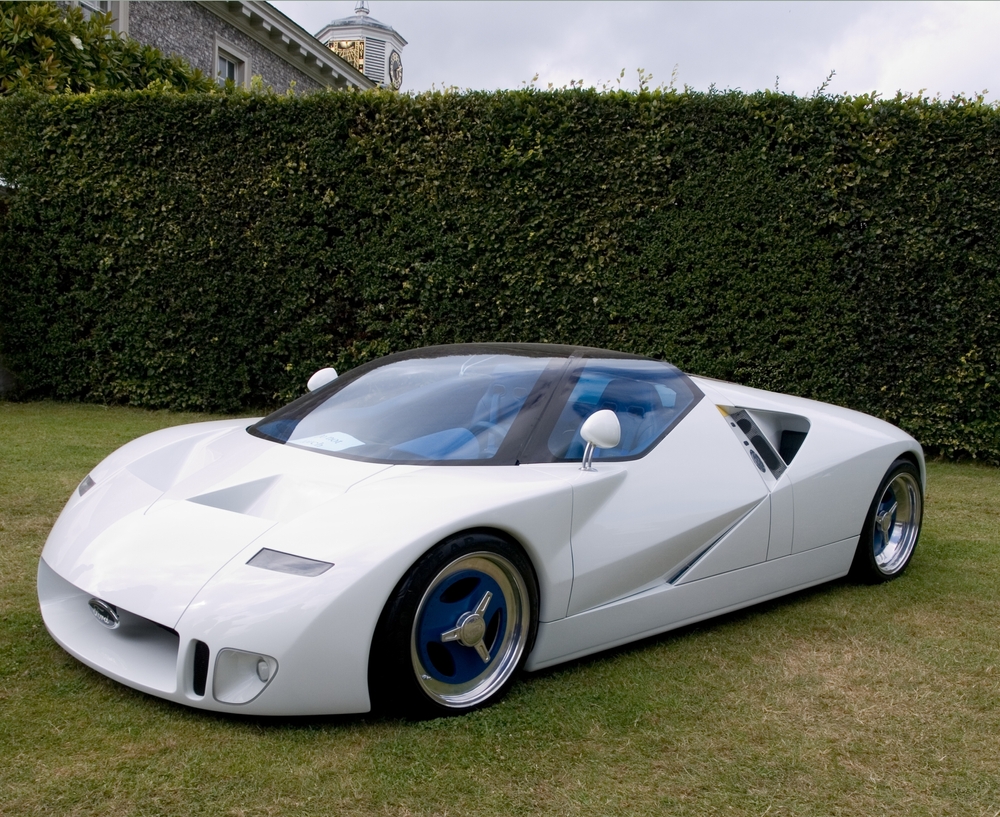
Concept cars often push the boundaries of design and technology, showcasing what the future of the automotive world could look like. However, not all these innovative vehicles make it to the production line.

